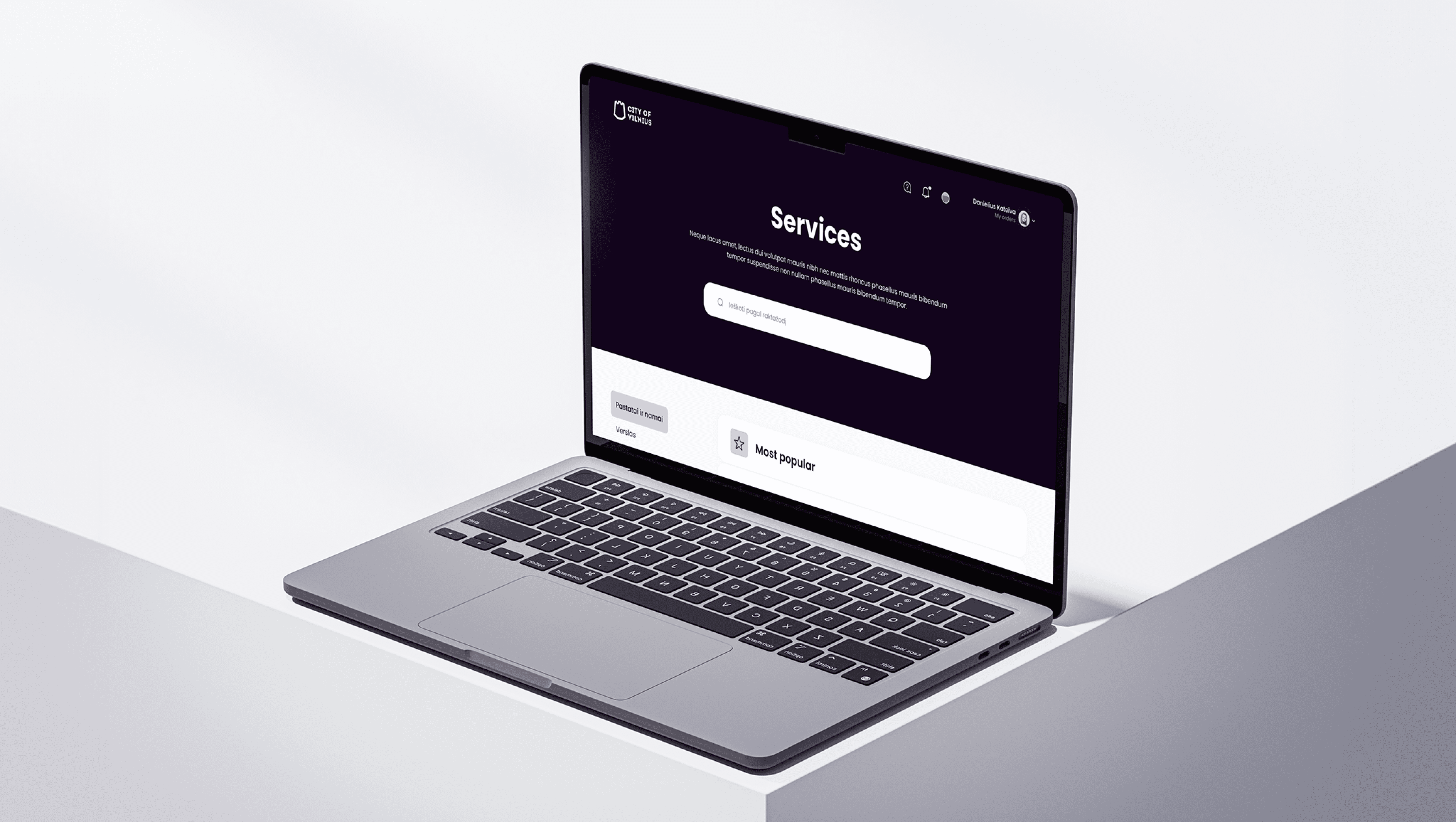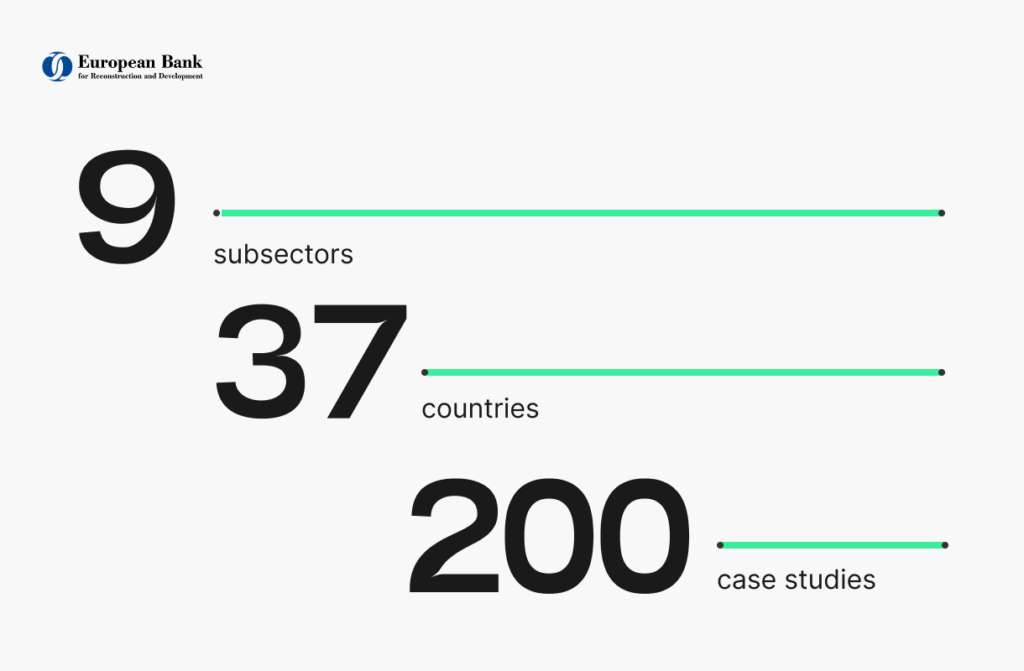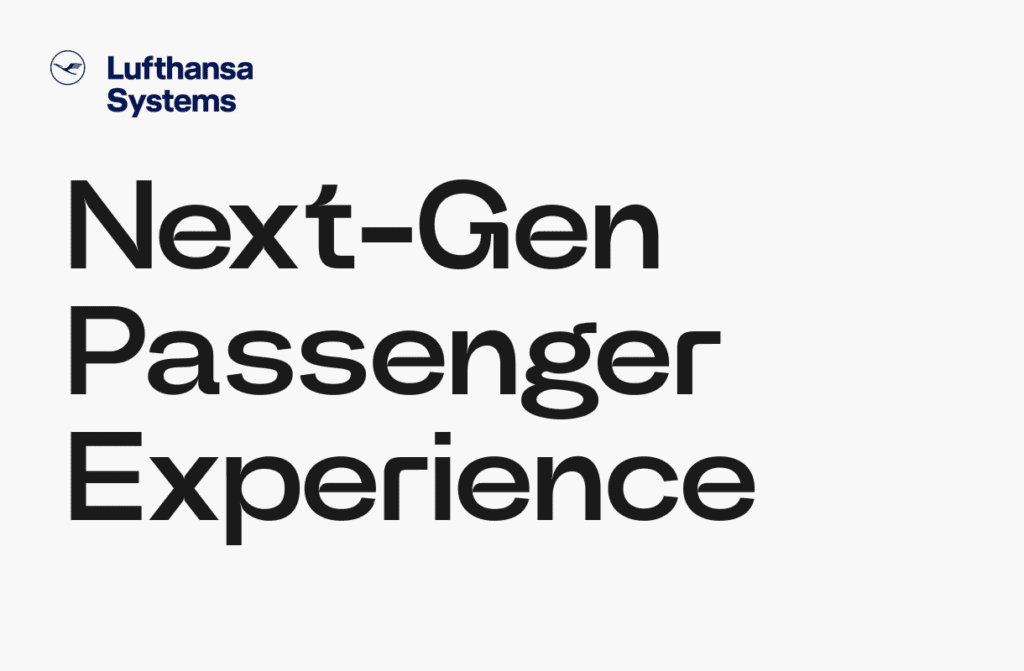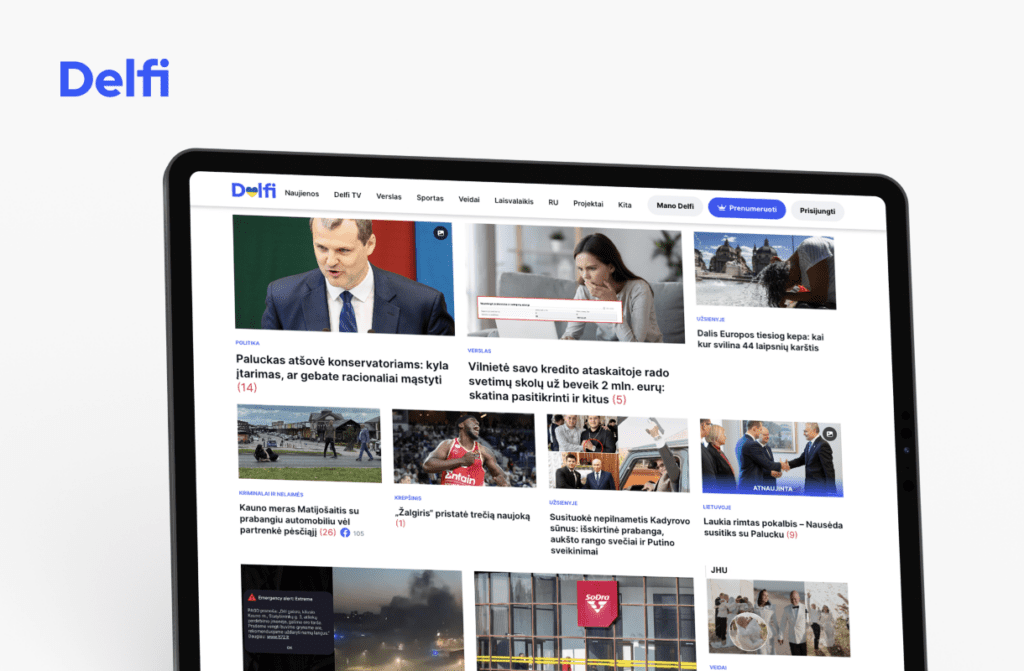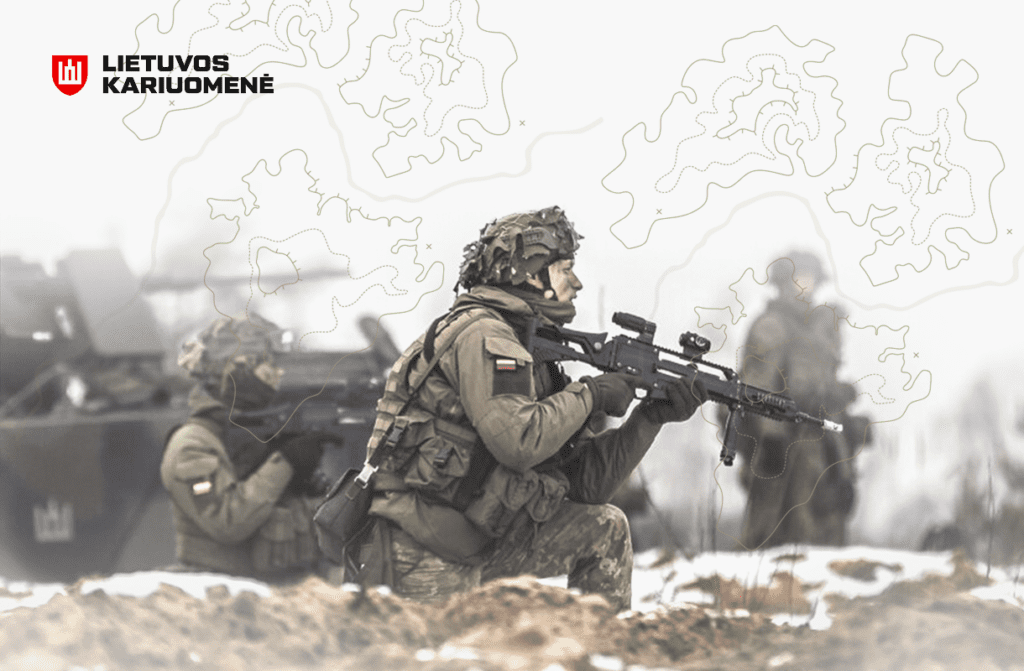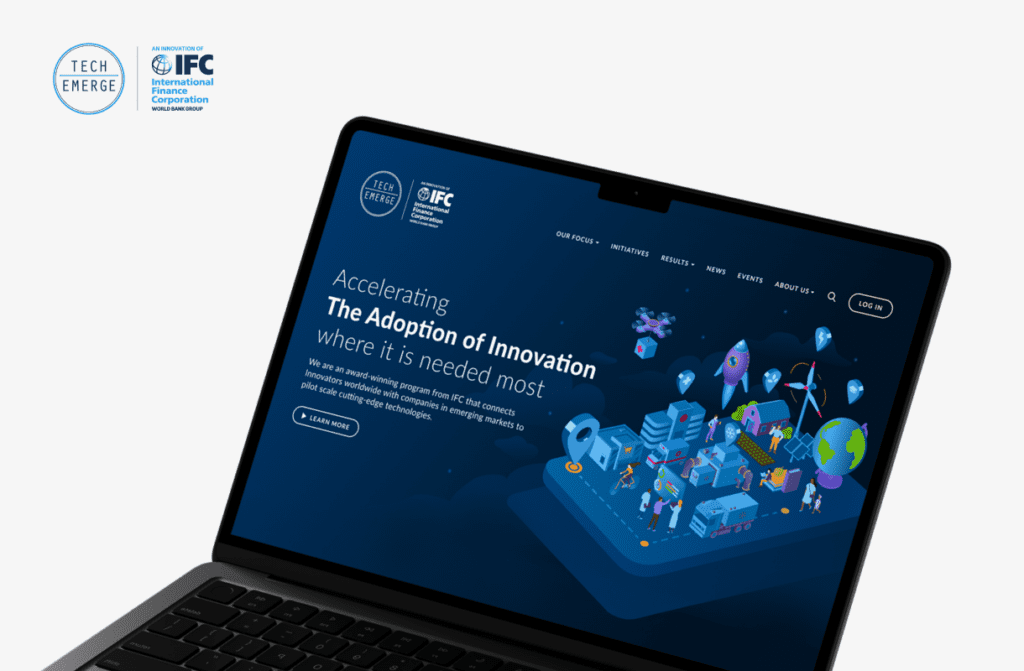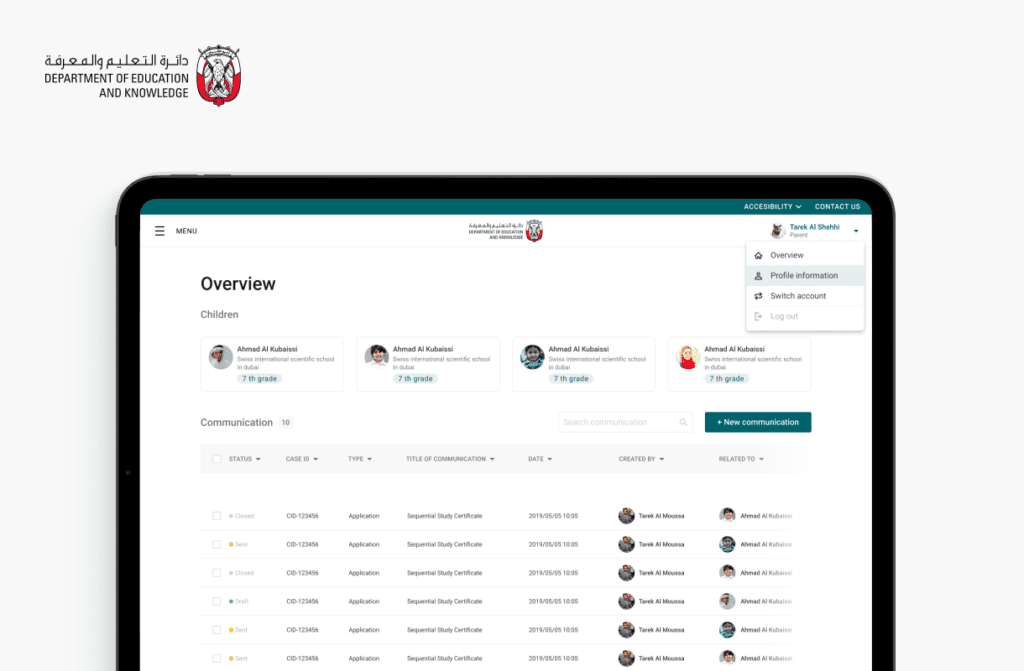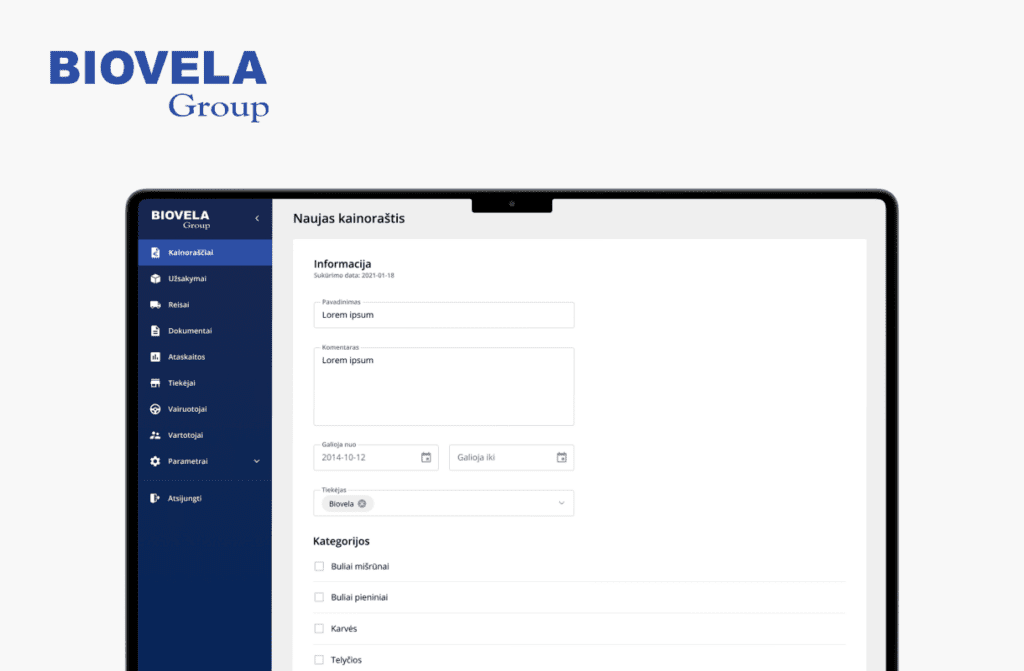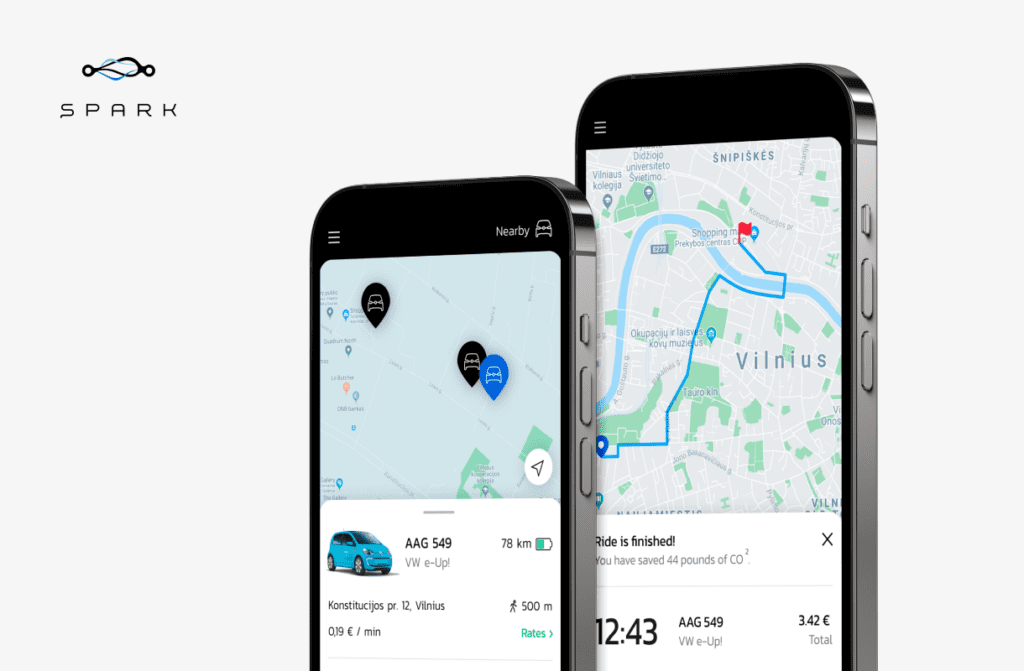Introduction:
Vilnius Municipality, faced with the challenges of maintaining a complex e-services management system, embarked on a mission to modernize and streamline its digital offerings. The old system, burdened by the ever-changing landscape of services and intricate provisioning processes, required a more efficient and user-friendly solution.
Project objectives:
The primary goal of this project was to modernize the municipality’s e-services system, reducing the time required for digitization and service renewal.
The aim was to simplify the service ordering process and empower the municipality’s customer service specialists to autonomously update e-services.
The project also sought to perform an activity analysis, design, implement, and test the information system for managing services.
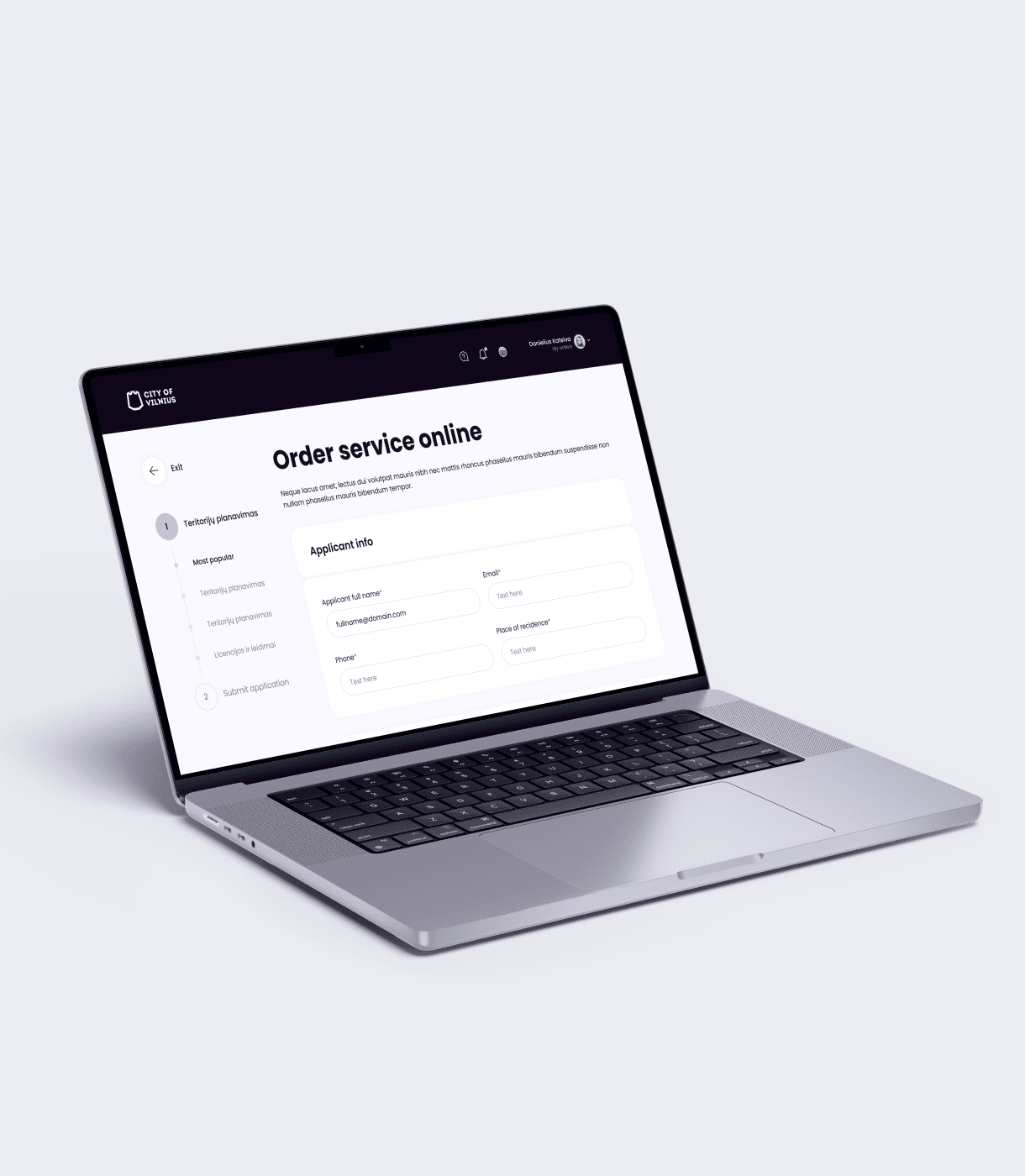
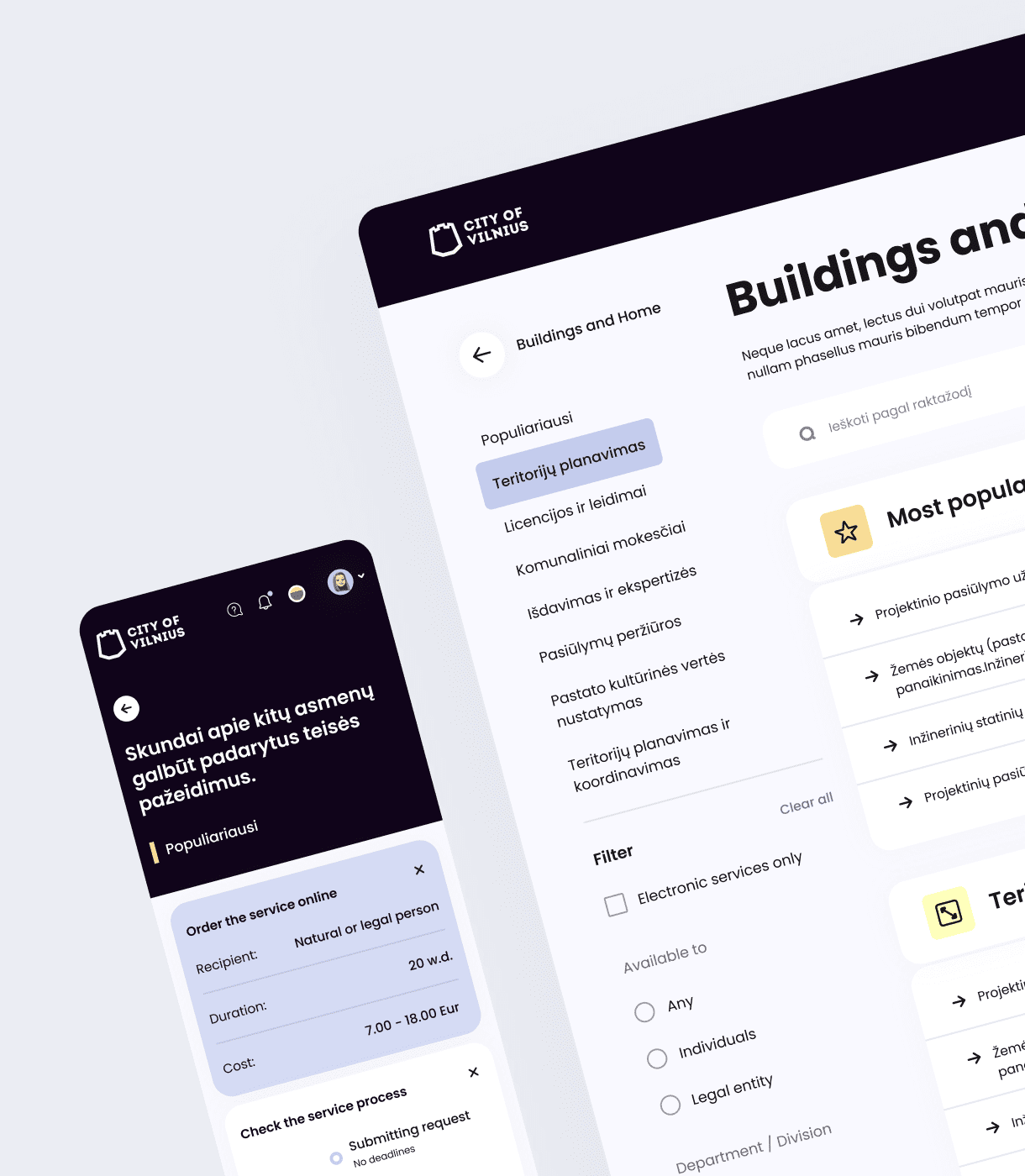
Technological solutions:
To meet the functional and non-functional requirements, a thorough comparative analysis of existing solutions and technologies was conducted. The chosen implementation technologies included:
- Business Process Management Engine: Camunda
- Forms creation tool: Formio
- Server-Side Framework: Symfony
- Client-Side Framework: NextJS
Functional requirements:
- The system was designed with these functional requirements:
- Authorization E-governance Gate and Vilnius Login;
Service listing and searching capabilities; - Order fulfillment.
- Order status monitoring;
- Service evaluation forms;
- Management of service-related specifications using Formio.
Non functional requirements:
The system was built with scalability, security, and usability in mind. Key non-functional requirements included automatic scaling of Kubernetes nodes to handle varying traffic, robust security measures such as OAuth2 standards for authentication and authorization.
Comprehensive error logging and system monitoring was achieved with the integration of Prometheus, Grafana, Loki, and Sentry.
These tools collectively offered visualization, log aggregation, and real-time error tracking. They played a crucial role in monitoring system performance and maintaining reliability, ensuring a robust and responsive infrastructure.
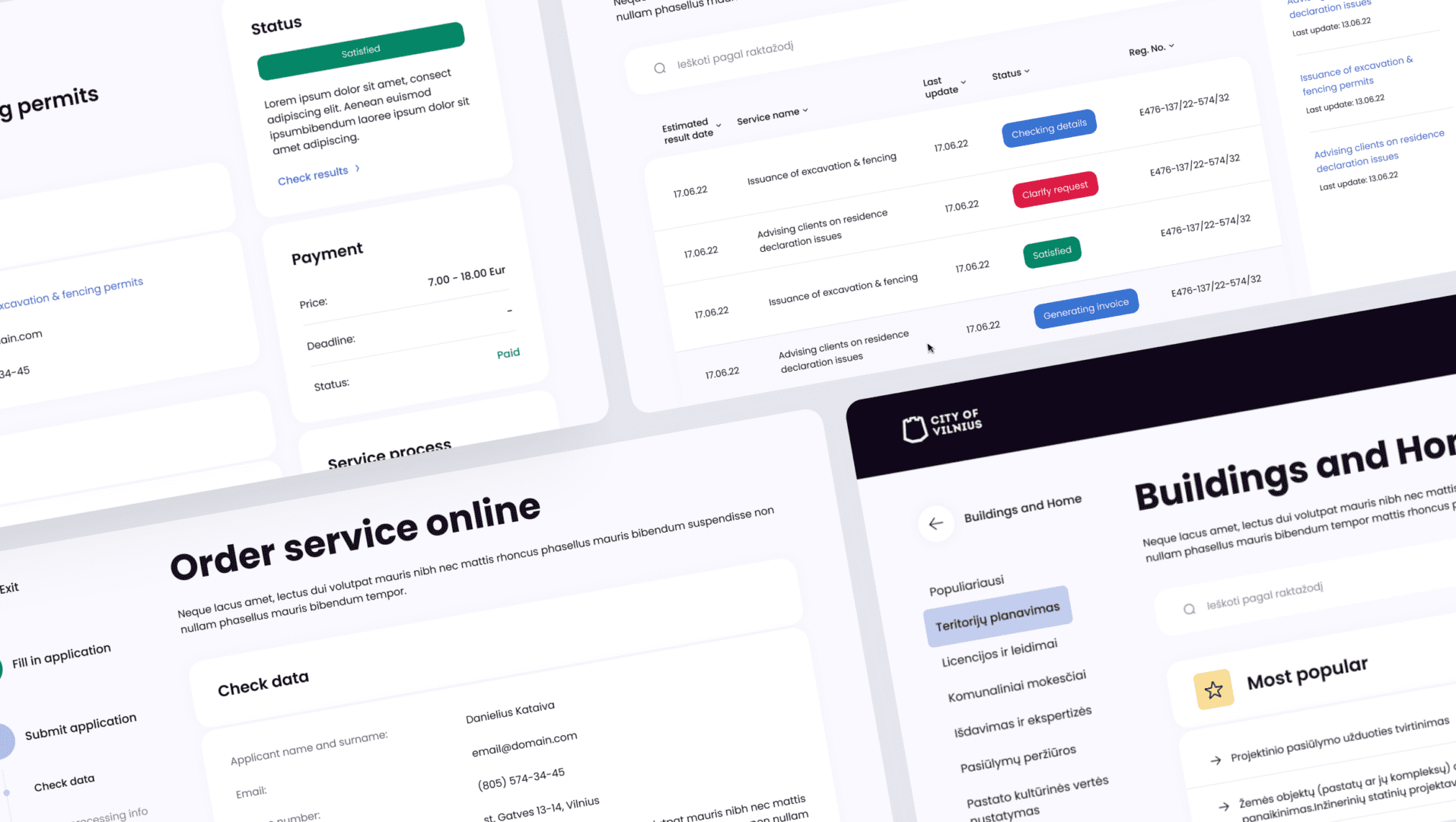
Services provided:
- Comprehensive Research and Requirement Building.
- User Experience (UX) Design for Service Ordering Processes.
- User Interface (UI) Design with Formio Integration for Form Management.
- Web Development with Symfony and NextJS.
- Implementation of Third-Party Integrations for Seamless Operations.
- Project Coordination to Ensure Timely Execution.
- Seamless Transition from the Old System to the Modernized Solution.
Project result:
The new platform creation resulted as an easy-to-use online service system for Vilnius Municipality. These changes not only tackled the existing problems but also raised the bar for how well the system can handle growth, stay secure, and be user-friendly.
The project showed that when technology and local services work together, it can create a better and more convenient digital experience for the people of Vilnius.
